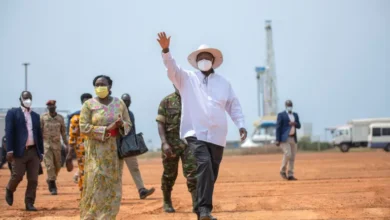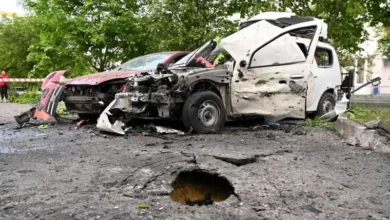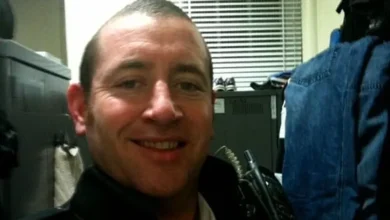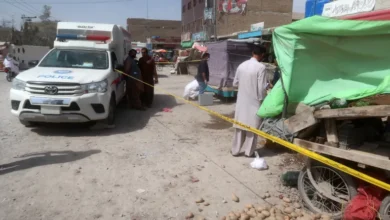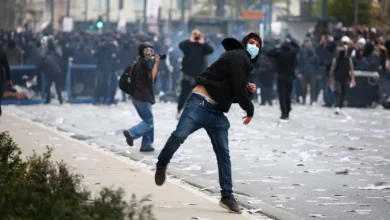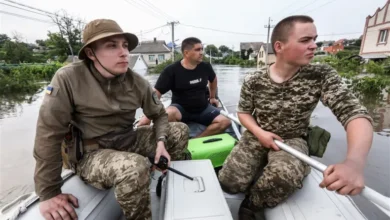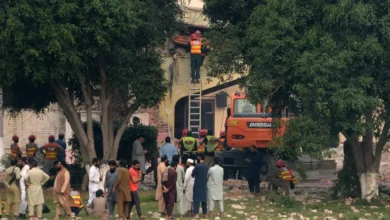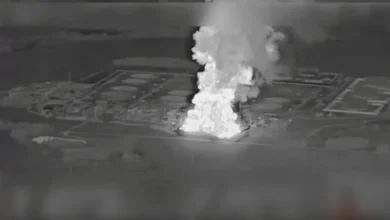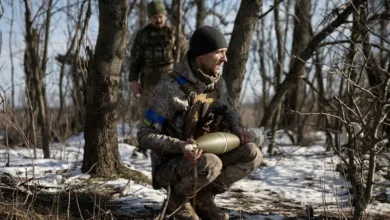Lebanese people talk about fears after pager and walkie-talkie explosions
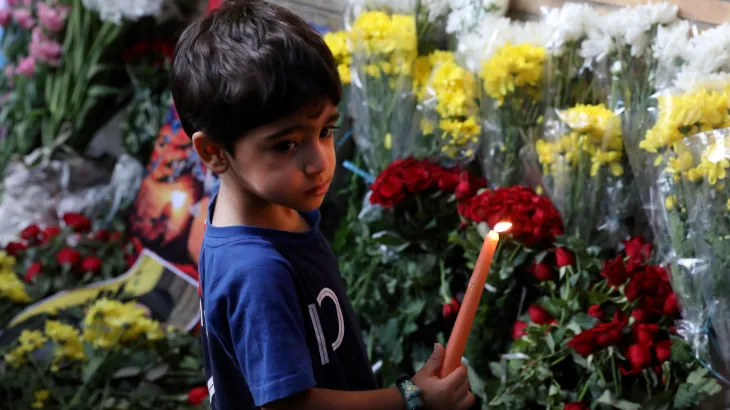
Electronic devices exploded in south Beirut and other parts of Lebanon for a second day on Wednesday, resulting in casualties and fires, a second attack blamed on Israel.
Twenty people were killed and more than 450 wounded in Wednesday’s attack, according to Lebanon’s Ministry of Public Health. On Tuesday, thousands of Hezbollah pagers exploded, killing 12 people and wounding nearly 3,000.
The two attacks coming so close together has left many in Lebanon worried about their use of electronic devices and the state of the country’s security situation.
The attack allegedly targeted mobile phones, laptops, solar energy cells as well as walkie-talkie radios that were purchased at a similar time – about five months earlier – as the exploding pagers.
Devices exploded in cities including Beirut and its southern suburbs, Hermel, Baalbek, Saida, Nabatieh, Tyre, Naqoura and Marjayoun.
‘We really don’t know’
Officials were still conducting controlled explosions of suspicious devices found in locations around the country on Wednesday evening.The tension and worry it caused among Lebanese people was heightened, as the devices said to be exploding on Wednesday were more “modern” and used more widely.Event planner Maria Boustany has told her team to ditch the walkie-talkies they use to communicate at weddings and events due to doubts over their safety.
“It may not be the same brand but we really don’t know what’s happening,” she said.
Instead, Boustany said her team would be using WhatsApp to communicate.
“It’s better to be safe,” she said.
The team had not been using pagers.
Lebanon’s hospitals ‘are managing’
Outside the American University of Beirut Medical Center (AUBMC), relatives or friends of people wounded on Tuesday stood in groups the next day.
Neighbours greeted each other and inquired about others’ loved ones inside the hospital’s doors. Many were wearing black.
Inside, nurses were turning people away who had come to donate blood, telling them that so many people came to donate on Tuesday that they no longer needed blood on Wednesday.
While Tuesday necessitated a “Herculean effort” on the part of Lebanese healthcare, given the massive numbers of injuries, caretaker Lebanese Prime Minister Najib Mikati said the hospitals were “managing” to cope with new injuries on Wednesday.
Zeineldine noted that of the 140 patients, several are still critical but none are in life-threatening conditions. “A lot [of them] lost fingers or eyes,” he said.
‘Fear is the furthest thing from our minds’
Many of the people in front of AUBMC on Wednesday did not want to speak to the media.
On a nearby kerb, 40-year-old Ali agreed to chat, saying he had come to the hospital to visit a wounded person, without specifing his relationship to them.
A day earlier, he said, he had been in Beirut’s southern suburbs when he heard a series of explosions. “Every five to 10 seconds, I heard another,” he said.
Ali called Tuesday’s attack “stupid”, adding: “The people are strong and fear is the furthest thing from our minds.”
At nearby Clemenceau hospital, men lined the area outside the main entrance, waiting to visit loved ones.
Witnesses said that, while Beirut’s hospitals were busier than usual, they were much calmer than on Tuesday when all medical personnel were requested to report for duty to help treat the deluge of patients.
A doctor who reported for emergency duty at Mount Lebanon Hospital on Tuesday said the roads to the hospital were relatively empty – having been kept empty by authorities – but the vicinity of the hospital was crowded to the extent that they had to abandon their cars wherever they could.
By the time he arrived, the most serious life-threatening injuries had already been transferred to the operating rooms, which were at capacity.
The hospital was full of admitted patients, he said, three floors with at least 20 patients per floor.
He and other doctors began triaging, determining who was in urgent need of surgery to be scheduled, who needed antibiotics or tetanus shots, and who had injuries minor enough that they could be sent home.
All the patients he saw were men in or around their 30s with mild to moderate injuries – mostly to the face and hands.
“These were not nice injuries,” the doctor said. “They were frightening wounds but the patients were all calm. They were like: ‘Finish up with me and I’ll be OK.’
